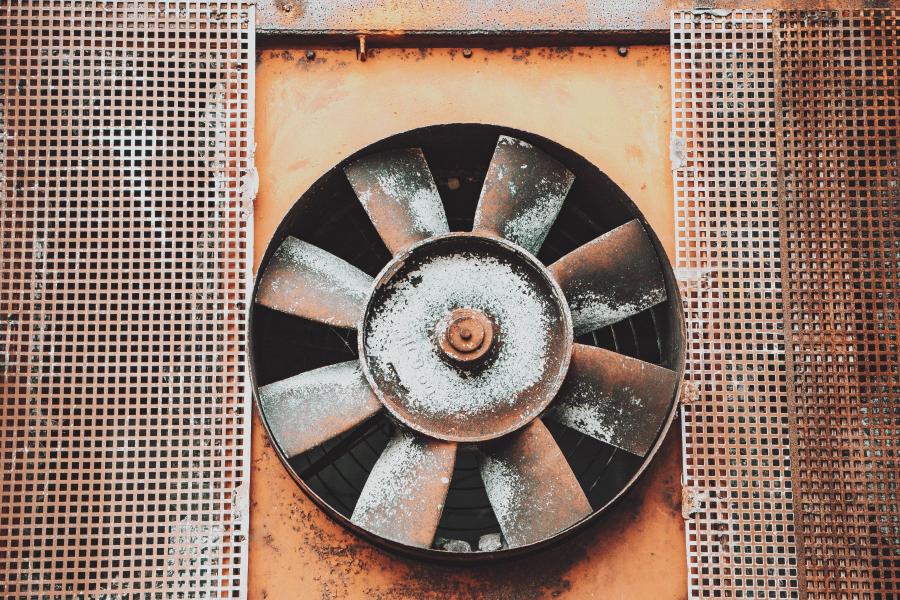Call for Papers: International Conference: Futures in the History of Deindustrialisation, Bologna, October 13-15, 2022
Rationale
In the growing field of deindustrialisation studies notions of time have always had an impact, explicitly or implicitly. The analysis and thick descriptions of change, contraction and urban ruination as well as the emphasis on memory and nostalgia, the legacies and ‘half-lives’ of deindustrialization (1), or, drawing on Raymond Williams (2) and E.P. Thompson (3), the ‘residual structures of feeling’ and lasting ‘moral economies’, all pinpoint the processual mode and social consequences of transformation from one era to the next. At the same time, there seems to be a renewed scholarly interest in concepts of temporality and the social constructions of the present, past and future. In his ‘Regimes of Historicity’ (4) François Hartog identifies a shift in the 1970s and 80s when the expectations of future progress changed to a notion ‘that only the present exists’ while the’ future is a time of disasters, and ones we have, moreover, brought upon ourselves’. In contrast to such an observation, scholarship on (industrial) heritage has emphasised a blurring of temporal distinctions with notions of ‘nostalgia for the future’ (5) and ‘heritage as future-making practices’ (6).
This raises the question how temporalities and, in particular, how concepts, visions and expectations of the future changed in communities and societies that underwent processes of deindustrialization. Deindustrialisation seems to possess a Janus-faced character as it entails a (potentially nostalgic) perspective towards the past and one (potentially fearful) towards the future. Thus, in this workshop, we aim to investigate the ways in which individuals and communities, trade unionists and politicians, scholars and artists envisaged their future once industry would be gone. What kinds of images of futurity did historical actors develop amidst the very process of industrial change? Like memory, futures have been articulated in various forms; they can be found, for example, in fiction, art and architecture as well as in economic, infrastructural, and educational programs. This entails a variety of potential questions and methodological approaches: Was the transition away from an industry imagined as utopia or dystopia; or a mixture of the two? How were emotions, hopes and fears, about the future projected in the struggles and protests against industrial closure. And how could alternatives be developed, either on the political level or by social movements, to come to different solutions to the crisis. How were varying or opposing projections of the future communicated and brought into conversation? This also points to the role of the media as an agent of images of the future. To what extent were such images and expectations embedded in broader discursive struggles in the context of (global) neoliberalism or of the post-communist transformations in East- and Central Europe? How were future expectations shaped by the collective and individual experiences associated with such an encompassing process, and more profoundly, how have memory politics informed such future expectations over time? How did images if gender play into fears and hopes of transformation? And how could post-industrial spaces and environments – from urban factory sites to open-cast mining landscapes – be imagined as parts of a successful or failed transition?
-------
1 Linkon, Sherry Lee: Narrating Past and Future. Deindustrialized Landscapes as Resources, in: International Labor and Working-Class History 84 (2013), 38-54.
2 Williams, Raymond: Structures of Feeling, in: Williams, R.: Marxism and Literature, Oxford/New York: Oxford UP, 1977, 128-135.
3 Thompson, Edward P, The Moral Economy of the English Crowd in the Eighteenth Century, in: Past & Present, 50 (1971), 76-136.
4 Hartog, François: Regimes of Historicity. Presentism and Experiences of Time, New York: Columbia University Press, 2015 [orig. 2003].
5 Smith, Laurajane/Campbell, Gary: Nostalgia for the future. Memory, nostalgia and the politics of class, in: International Journal of Heritage Studies 23 (2017), 612-627.
6 Harrison, Rodney: Heritage as future-making practices, in: Harrison, Rodney et al.: Heritage Futures. Comparative Approaches to Natural and Cultural Heritage Practices, London: UCL Press, 2020, 21-50; Strangleman, Tim: Deindustrialisation and the historical sociological Imagination: Making sense of work and industrial change, in: Sociology 51 (2017), 466-482.
We invite proposals on these as well as on other aspects of constructing deindustrial futures.If you are interested, please submit an abstract (max. 500 words) and a short biographical note. Please send your proposal to: francesca.sanna10@gmail.com
The deadline for abstract is April 4, 2022. The deadline for full papers (in English, approximately 5000 words) is September 15, 2022.
Museo del Patrimonio Industriale, Via della Beverara 123, Bologna
Liliosa Azara (University of Roma Tre)
Eloisa Betti (University of Bologna)
Stefan Moitra (Deutsches Bergbau-Museum Bochum)
Francesca Sanna (Lab' Urba Université Paris-Est Créteil)
Tibor Valuch (Eszterházy Károly University)
Christian Wicke (Universiteit Utrecht)
Carlo De Maria (University of Bologna)
Eloisa Betti (University of Bologna)
The workshop is jointly co-organised by the Working Groups “Memory and
Deindustrialisation”, “Labour in Mining” and “Workers, Labour and Labour History in East-Central Europe” within the European Labour History Network, Department of History and Cultures of the University of Bologna, Department of Education of University of Roma Tre, the Museo del Patrimonio Industriale Bologna and the Italian Labour History Association (SISLAV).


